Course Includes:
- Mode: Offline\Online
- Language: English\Hindi
- Certificate: Yes
- Project Certificate: Yes
C is one of the most influential programming languages in the history of computing. C has had a profound impact on the development of many modern programming languages and operating systems. C is often referred to as a "high-level assembly language" because it combines low-level memory access with high-level constructs. This balance allows for efficient programming close to the hardware while providing expressive and portable code. C is primarily a procedural language, focusing on functions and structured programming. It doesn't have built-in support for object-oriented programming or other paradigms common in more recent languages. While C is a mature language with a rich history, it continues to have relevance and a promising future in various aspects: System Programming, Embedded Systems, Real-Time Systems, Legacy Code Maintenance, Education, Open Source Development ,Security Research, while C is not as trendy as some newer programming languages, it maintains its importance due to its efficiency, low-level capabilities, and legacy codebase. It's a valuable language for specific domains, and learning C can be a strong foundation for a career in various fields of software development and engineering.
Unlock the power of C programming, the foundation of modern software development. This introductory course will take you through the essentials of C, providing the skills and knowledge needed to write efficient and reliable code.
Week 1: Introduction to C Programming
Day 1-2: Introduction to C
Day 3-4: Variables, Data Types, and Operators
Day 5-7: Control Structures
Week 2: Functions, Arrays, and Pointers
Day 1-2: Functions
Day 3-4: Arrays and Strings
Day 5-7: Pointers and Memory Management
Week 3: Data Structures and File I/O
Day 1-2: Structures and Unions
Day 3-4: File I/O
Day 5-7: Preprocessor Directives and Macros
Week 4: Advanced C Concepts
Day 1-2: Function Pointers and Callbacks
Day 3-4: Error Handling and Debugging
Day 5-7: Final Projects
4 Week Course Content
+
Week 5: C Programming Best Practices
Day 1-2: Modular Programming and Code Organization
Day 3-4: Multi-File Programs and Makefiles
Day 5-7: Practical C Programming Challenges and Project Work
Week 6: Advanced C Topics
Day 1-2: C Language Advanced Concepts
Day 3-4: Memory Management and Optimization
Day 5-7: Final Projects
No, C is often taught as a beginner's language, and prior programming experience is not required.
A basic understanding of computer fundamentals and a development environment (IDE or text editor) are helpful but not mandatory.
The time required varies, but you can achieve a basic understanding of C in a few weeks with consistent practice.
Yes, C remains relevant, especially in system programming, embedded systems, and low-level development.
Yes, you can build software applications, games, and even operating systems using C.
C is not commonly used for web development, but it can be used for mobile app development, especially in low-level components.
You can practice by working on small projects, coding challenges, or contributing to open-source projects.
Job opportunities include software developer, embedded systems programmer, system engineer, and more.
After completing a C programming course, you can explore advanced C topics, learn other programming languages, or apply your skills to real-world projects.
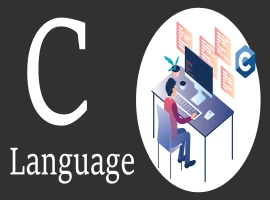
C is one of the most influential programming languages in the hist...
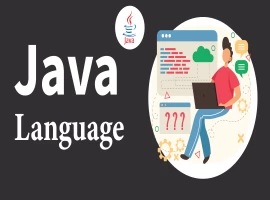
Java is one of the most popular programming languages in the world...

C++ is a powerful, versatile, and widely used programming language...
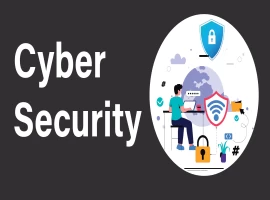
Cyber Security is the study of how th...
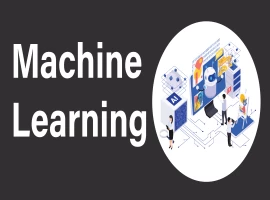
Machine learning is a subfield of artificial intelligence (AI) tha...
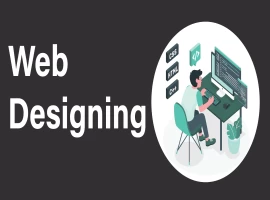
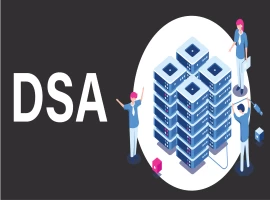
A data structure is a way of organizing and storing data in a computer so that it can be accessed and modified efficien...
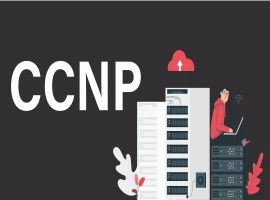
Cisco Certified Network Professional (CCNP) is an intermediate level certifi...
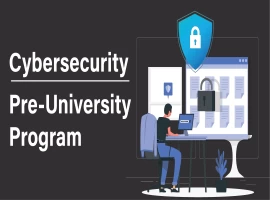
Introduction to Cybersecurity: The course should provide a comprehensive...
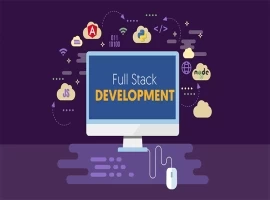
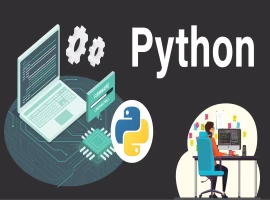
Python is a versatile and beginner-friendly programming language known for its simplicity and readability. In recent years, it has gained immense p...

This course provides a comprehensive introduction to cloud computing, exploring the key concepts, services, and architectures that define cloud env...
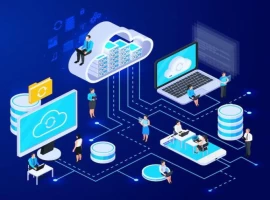
This course offers a foundational understanding of computer networking concepts, protocols, and technologies. It is designed for individuals who ar...

This course provides an in-depth introduction to Artificial Intelligence (AI), covering its core concepts, algorithms, and applications. It is desi...
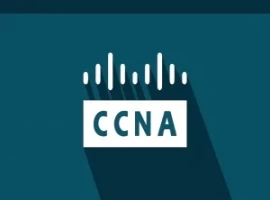
This comprehensive CCNA course is designed to equip you with the foundational knowledge and practical skills required to install,...